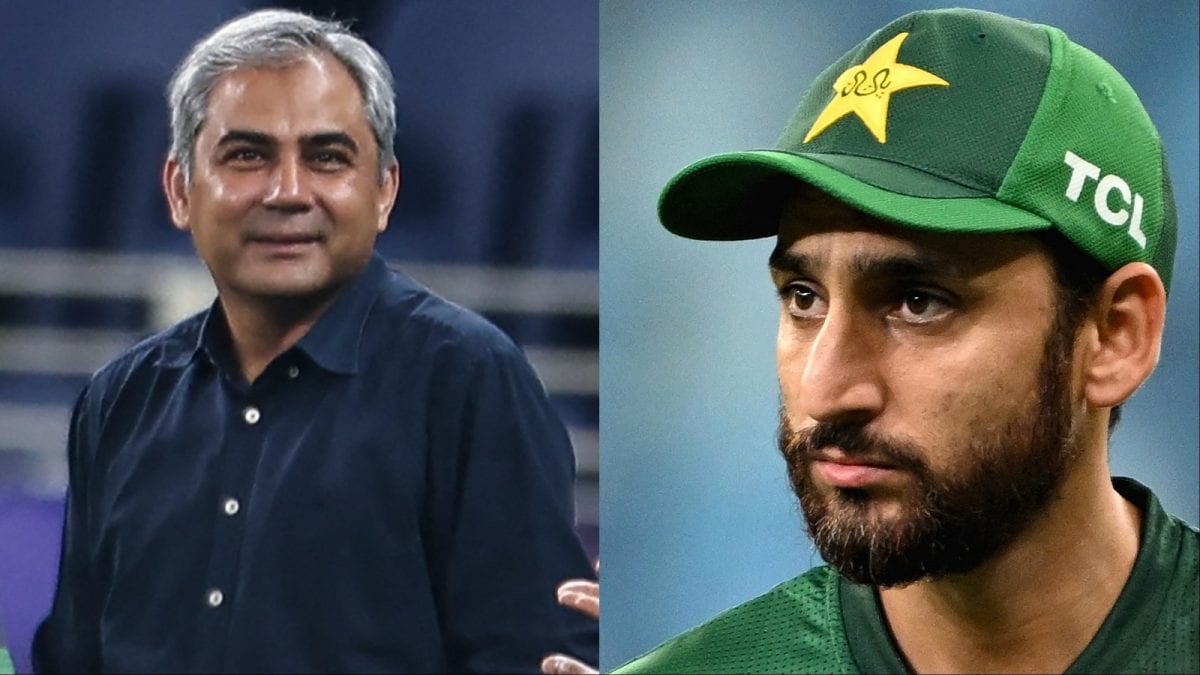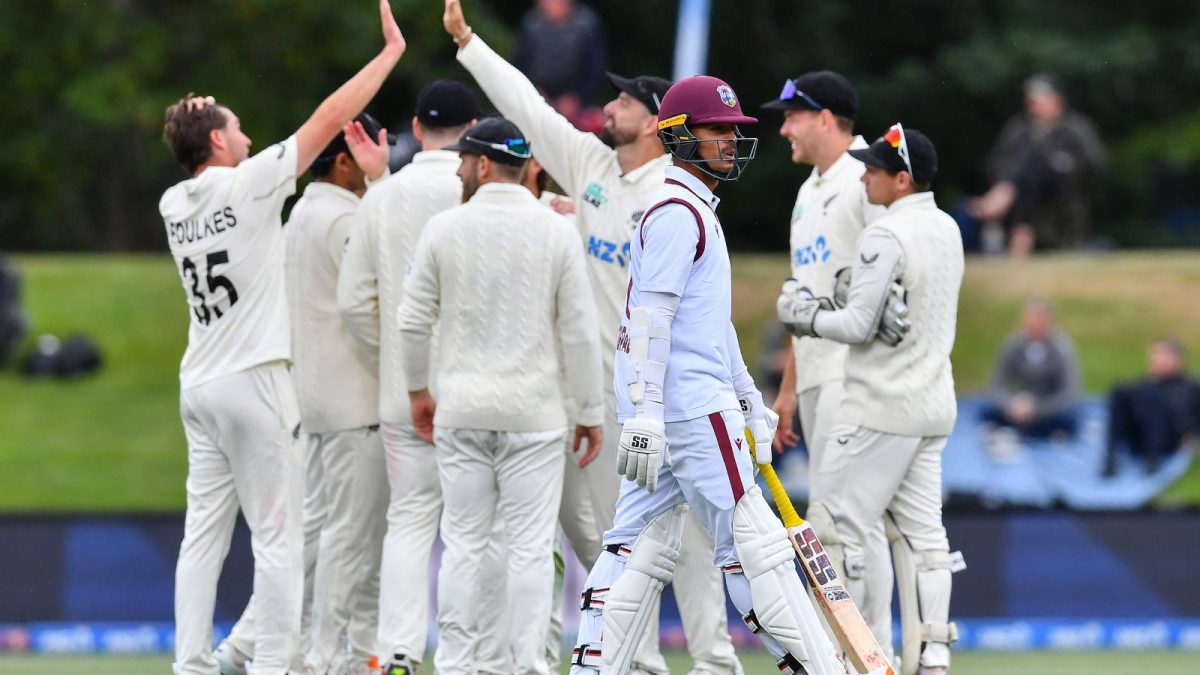Last Updated:
Pakistan was forced to climb down from its pullout threat and show up for a crucial Asia Cup game against the UAE in Dubai on Wednesday but not before causing a dramatic delay.

PCB chairman Mohsin Naqvi and Pakistan men’s cricket team captain Salman Ali Agha. (Picture Credit: AFP)
Pakistan was compelled to back down from its withdrawal threat and attend a crucial Asia Cup match against the UAE on Wednesday. This decision came after a dramatic delay caused by the ICC’s persistent refusal to remove match referee Andy Pycroft. Initially, the team had refused to leave its hotel for the essential group match because Pycroft was scheduled to officiate the game, which was then rescheduled to start at 9 PM IST instead of the original 8 PM.
Teams are required to report to the stadium two hours prior to the game, which Pakistan did not do as a form of protest. The decision that Pycroft would remain as match referee was communicated to PCB chairman and Asian Cricket Council head Mohsin Naqvi by ICC CEO Sanjog Gupta during a conference call. The ICC maintained that Pycroft, a Zimbabwean, would remain in charge as he had adhered strictly to the rules and regulations.
Pakistan had blamed Pycroft for the embarrassment it faced after its captain Salman Ali Agha and India skipper Suryakumar did not exchange a handshake or their team sheets during the toss on Sunday. The PCB alleged that Pycroft had instructed Salman to avoid a handshake with Suryakumar and told both captains not to exchange team sheets. The Indian players did not shake hands with their rivals even after the match as a gesture of solidarity with the victims of the Pahalgam terror attack.
On Wednesday, it became evident that the deadlock continued after the rejection of a second PCB complaint by the ICC when the Pakistan team did not leave the Grosvenor Hotel in Dubai. Pycroft, present at the Dubai International Stadium, left the venue surrounded by bodyguards after being called to the ICC Headquarters a kilometre away from the ground.
The ICC provided a six-point rebuttal, maintaining that the PCB’s complaints were baseless. In its written communication, the ICC stated that the investigation was based on the information provided in the PCB’s report, which lacked supporting documentation or evidence. The PCB had the opportunity to submit statements from its team members but chose not to do so.
The second point asserted that there was “no case to answer” regarding the match referee. The actions Pycroft took were consistent with the directions from the ACC Venue Manager and were handled appropriately given the timing (minutes before the toss).
The ICC clarified in its third point that Pycroft was committed to preserving the sanctity of the toss and avoiding potential embarrassment. They emphasized that the Match Referee was not at fault. It is not the role of the Match Referee to manage team or tournament-specific protocols agreed outside the area of play; that responsibility lies with the tournament organisers and relevant team managers.
In conclusion, the ICC questioned if the PCB’s actual concern was about the decision that handshakes did not take place. They advised the PCB to direct their complaints to the tournament organisers and those who made the actual decision, as it was not the Match Referee’s role.
In summary, the ICC effectively placed the responsibility back on ACC chairman Mohsin Naqvi and Tournament Director Andy Russell. The PCB risked losing up to USD 16 million if they did not participate in the tournament. Naqvi consulted two former PCB chairmen, Ramiz Raja and Najam Sethi, before deciding that the team would continue.
It is unclear what was discussed in that meeting, but soon after, Naqvi announced on ‘X’: “We have asked the Pakistan team to depart for the Dubai Cricket Stadium. Further details to follow.” The team then left for the venue.
(With inputs from PTI)
Dubai, United Arab Emirates (UAE)
September 17, 2025, 21:02 IST
Read More







